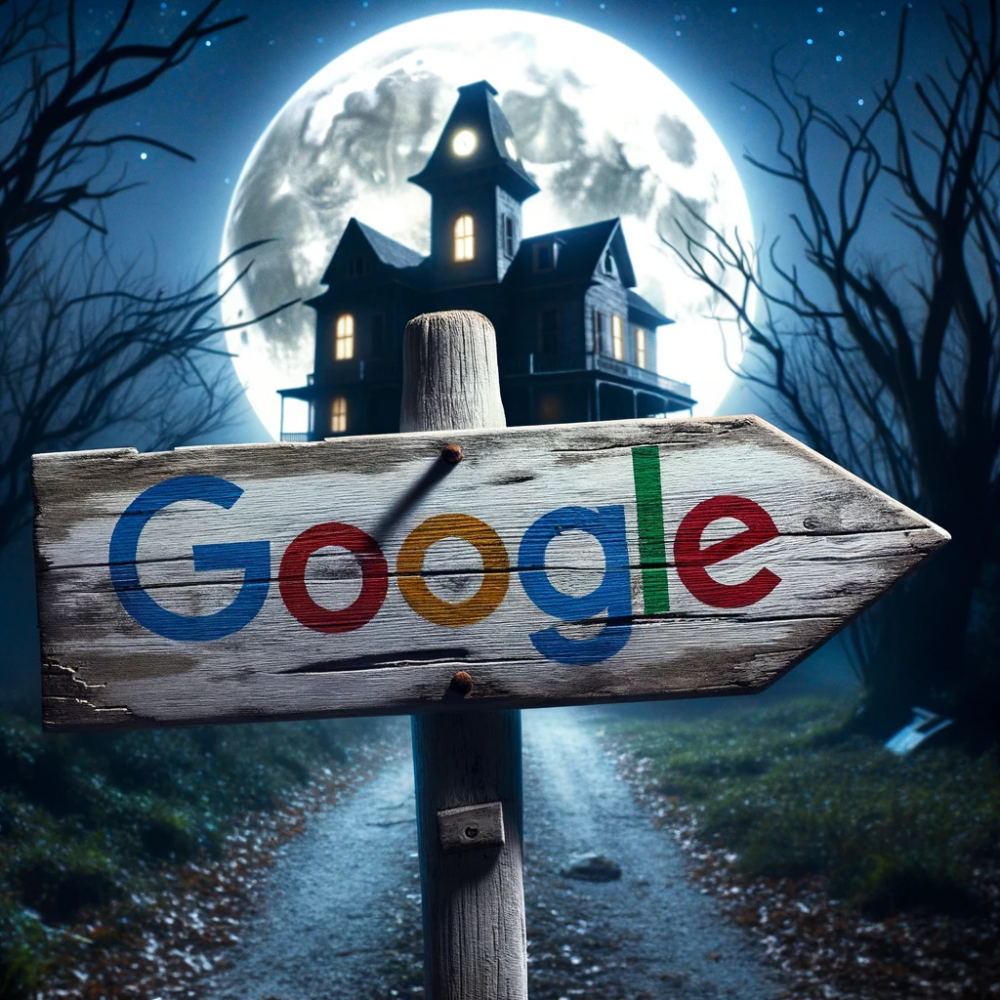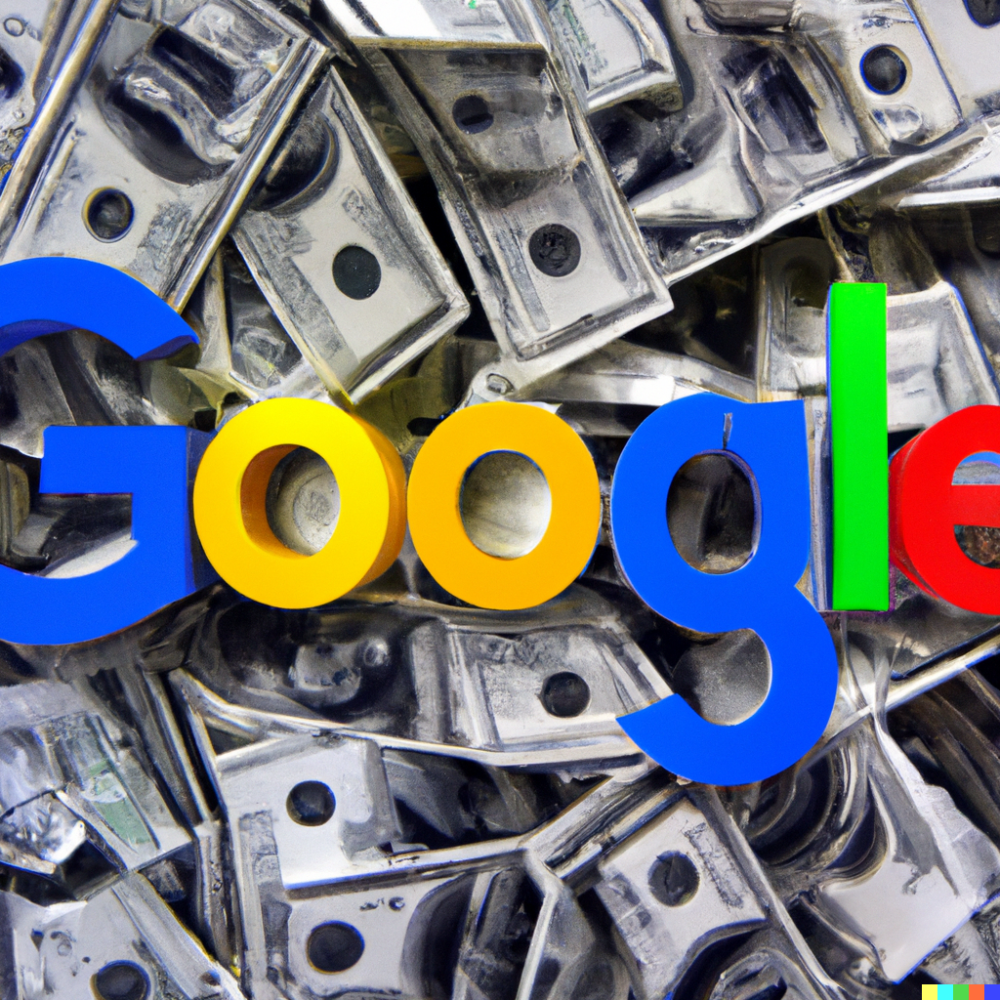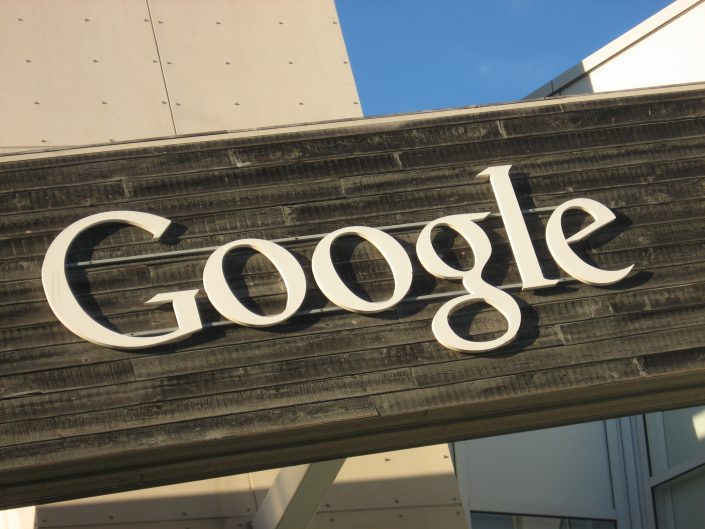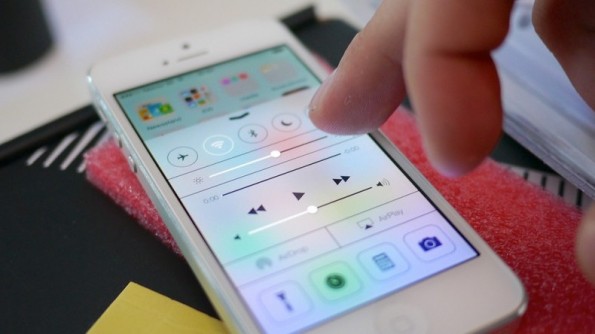Five years ago, I wrote a post trying to answer a question posed by an Economist headline: ‘How much would you pay to keep using Google?’
At the time, I used a number of Google service and concluded that I’d happily pay a small fee to use them each month. Five years on, much has changed. I wouldn’t pay to use Google’s services today, and barely use any of them. I thought it worth setting down some thoughts as to why.
Fundamentally, at some point in the last five years—I can’t pinpoint exactly when—Google ‘crossed the creepy line’ for me. Instead of feeling delighted by how the company anticipated some of my needs, I began to feel a little stalked. Worse than that, I had the distinct feeling that Google was increasingly trapping me in a filter bubble, serving up only recommendations and search results that aligned with my preconceived ideas, and filtering out anything that might have challenged me. I began to feel a bit weirded out as Google’s analytics and adverts would follow me around the web. In Love Island parlance, Google was giving me ‘the ick.’
There was no great epiphany; over time I just drifted away from Google’s services.
Five years ago, I’d already mostly moved my search activity from Google to Bing; these days, my default search engine is DuckDuckGo. And, to allow you a peek behind the curtain for a moment, I actually had to go and check that to write this paragraph. When using a browser, I search from the address bar, so I’m not used to typing in a search engine’s URL. I’ve used a variety of providers over time: sometimes I like to use Ecosia because planting trees makes me feel good. Occasionally, I like to use Neeva because I like their ad-free approach. But mostly: I don’t give it a great deal of thought. There’s no significant difference in the quality of results as far as I can see.
When I wrote the previous post, I used Gmail. No more, not least because the web interface has become a bloated mess. I used Proton Mail for a while, but the tight security of the service cost me in convenience, and I ended up moving to and sticking with Fastmail, which has also replaced my use of Google Calendar. I thought that moving my email archive would be a pain, but it was elementary with Fastmail—so simple that I can’t even remember doing it.
Half a decade ago, I said I’d ‘definitely’ pay for Google Maps. These days, I’d undoubtedly pay to avoid using it for most purposes: it seems to have the highest number of junky, inaccurate points of interest of any service I use. For simple navigation, I tend to use Apple Maps—and also often end up using Apple Maps for default on the web because it is built into DuckDuckGo.
I had forgotten that I ever used Google Drive or Google Photos. I use iCloud for storing personal documents, and a variety of cloud services for saving photos, my hope being that at least one of them will stick around for the long term. Likewise, I don’t have a Chromebook, and my default browser is Safari. I do use the Chrome browser at work, but only because the installation of Edge is so locked down on my laptop as to prevent me from using a password manager extension—and Chrome is the only offered alternative.
Which just leaves YouTube. I’m not a frequent user of YouTube for the simple reason that I don’t watch much short-form video, but it is my go-to service for that purpose. I don’t use it enough to have the app on any of my devices. The website is profoundly irritating with its endless ads and trickily worded promos for subscriptions. I’d prefer to use an alternative if I knew of one.
I’m also struck that three of the five ‘newer’ Google services mentioned in that post—Allo, Duo and Now—have already closed, underlining the danger of integrating any new Google services into any part of one’s daily life or workflow.
I wouldn’t pay to use Google’s services nowadays: I wouldn’t even be tempted if they paid me, like Bing Rewards. Yet, it strikes me that I pay for many products where Google offers approximate equivalents for free (Fastmail, Neeva, iCloud, photo storage). As I said last time: ‘I am only one person, and I’ve no idea how typical I am in this context, but I wonder if my change in behaviour represents a wider portentous shift for Google’s fortunes?’
The picture at the top of this post is an AI-generated image created by OpenAI’s DALL-E 2.
- Asking users to click ‘skip trial’—implying immediate payment—to dismiss subscription ads is clearly intended to confuse. ↩



